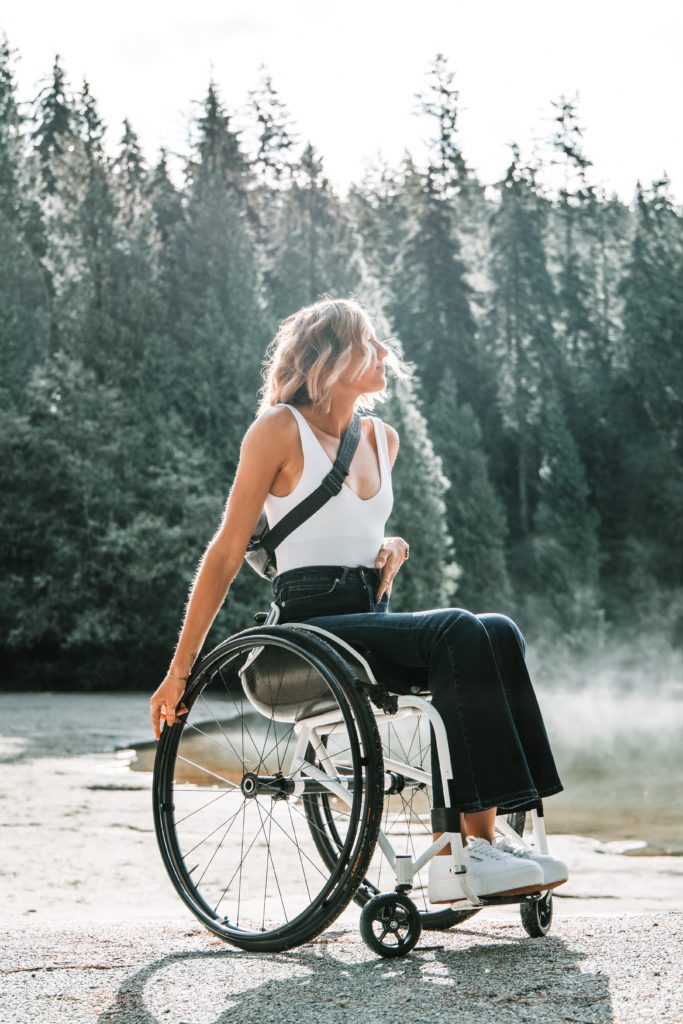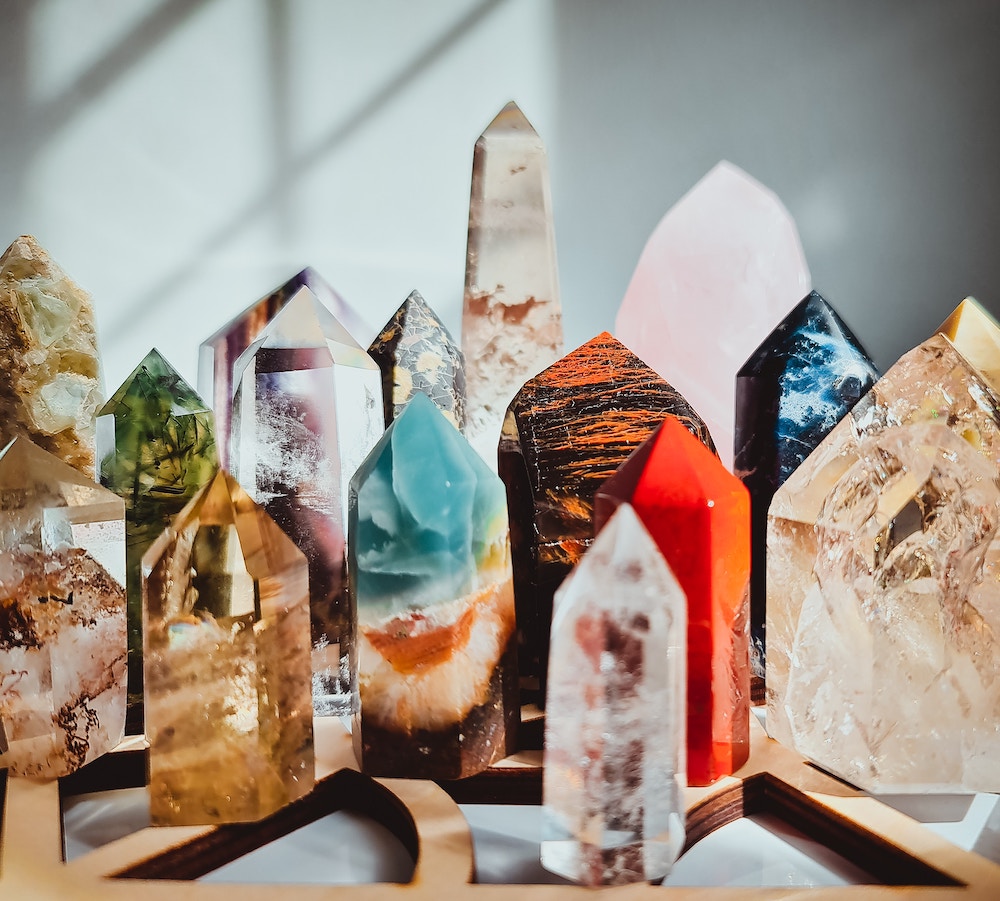Data from the website of the disability charity Scope estimates that there are over 14 million disabled people in the United Kingdom alone. Put another way, that is more than one in five people. Although disabled people are more likely to live in poverty, families with at least one disabled person nonetheless have a combined annual spending power of £274 billion. That is a lot of people and a lot of money.
And yet, even within supposedly progressive circles, disability barely gets a look-in. In other areas of activism and struggle, I believe we are finally starting to have some small successes in the battles that will define the coming decades and centuries of our species. We have a long way to go, but younger generations have an awareness of issues like class, race, gender and sexuality that I certainly do not recall from my youth. Although these issues have never been invisible, they were barely in the mainstream discourse thirty or forty years ago when I was growing up. Campaigns for environmental and ecological protection, trans rights and racial equality are just three examples of causes being driven by the young. With their understanding of animal rights, teenagers are leading a societal and cultural shift towards veganism. And, perhaps most importantly, more and more people are beginning to grasp the crucial interconnectedness between their struggles and their overarching relationship with the scorched-earth policies of late capitalism. No longer are activists calling just for their causes to be recognized and addressed. Now, aware of vital intersections, empowered by the internet and connected by social media, they are calling for systemic change like never before. Such progress is to be welcomed and supported at every opportunity.
In comparison, disability activism lags some distance behind in its public profile. Disability activism does not have an icon like Greta Thunberg leading the way, and it is not in the public domain in the same way that, for example, Black Lives Matter is. In a world where everybody talks at the same time, it is doubly-difficult for disabled voices to be heard. It is hard to disagree with disabled activist Dr George Taleporos when he says that disability activism “is not as sexy as gay rights or climate change.” Celebrities and influencers are quick to attach themselves to environmental justice or even critical race theory, but I am yet to find a high profile influencer or Twitter celebrity calling for more London underground stations to have step-free access—currently, only one third of the network is step-free. Yes, you read that correctly: an entire section of the British community is precluded from using the underground network in their own capital city. That is not an oversight: that is deliberate and targeted discrimination.
It should not be forgotten that the struggles I have mentioned—race, class, gender and so on—also affect disabled people, and many disabled people support activism and direct action in relation to these struggles. Not all of us—we are not a one-size-fits-all collective with the same shared view about everything. But, broadly speaking, disabled people acknowledge that for as long as one person is marginalised and abused, we are all marginalised and abused. But, disabled people need something back too.
It might come as a shock to even the most well-intentioned and well-informed of campaign groups to discover that, much like the rest of the world, the realm of political, social and cultural activism can be a pretty inaccessible and unwelcoming place for disabled people. We want to fight the battles as much as anyone, but sometimes, we need a helping hand to do so. Simply put, we want to be included, and included at the front line, not as an afterthought. Here, are five things all activists and progressive pressure groups can do, right now, to make their spaces more inclusive.
- Familiarize yourself with history of the disabled civil rights movement and join with us. Remember: some disabled people cannot walk, so we need you to march for us. Some disabled people cannot speak, so we need you to shout for us. The remarkable documentary Crip Camp: A Disability Revolution is a good place to start. Disabled people have no problems that cannot be fixed by fixing society. Don’t fix us. Fix the world. We are stronger together.
- When holding meetings or events, hold them in an accessible space. I’ve approached activist organizations in the past in the hope of becoming involved in their work, only to find out that their meetings or actions are on the third floor of a city centre building with no lift and no parking. Before even discussing anything I might bring to the table, I was excluded.
- When organizing actions, think: Are we being inclusive? It is worth asking whether you have a first aider? Do you need a sign language interpreter? Are there suitable toilet facilities? Are printed materials available in different formats? Are there enough chairs? Whatever you might be tempted to take for granted, make it central to your organizing. Yes, it means a bit more work but remember what I said a moment ago: for as long as one person is marginalized and abused, we are all marginalized and abused.
- Don’t belittle or underestimate those writing letters or signing online petitions. For some, it is the only action they can take. Their efforts matter as much as anyone on the frontline. We need everyone, whatever they can offer.
- Be an ally, not an obstacle. That sounds simple, but it is important. Enough obstacles exist in day-to-day life without the world of activism and direct action throwing up more. Disability may not be cool or sexy; it might be difficult to look at someone who cannot walk properly or listen to someone who cannot speak properly, but you know what? Get over it. That is your problem, nobody else’s. Equality, not charity. Unity, not division. Action, not pity.
None of that is so difficult, is it?
Disabled people have died, and continue to die, because of the injustices of the society into which they were born. Figures from 2019, put the death toll at over 17,000 people who have died as a direct consequence of government policy in the UK. When we use words like austerity, cuts and welfare, we do so unemotionally, but never forget that people—real, breathing, valuable people—are on the receiving end of ideological dogma and political action. Our politicians do not care. Our corporations do not care. Our banks, institutions and state actors do not care. You, as an activist, should.
It is the disabled person who suffers when they have to confront the indignity of not even being able to access a suitable toilet.
It is the disabled person who suffers when welfare is decimated.
It is the disabled person who suffers when multi-millionaires stop benefit payments and austerity hits hard.
Make sure you are not complicit in suffering. We are in this together or not at all.
Get more like this—Sign up for our daily inspirational newsletter for exclusive content!
__
Photo: Zachary Kyra-Derksen





